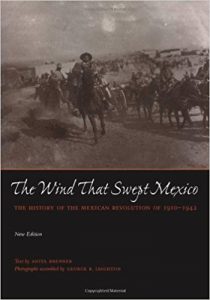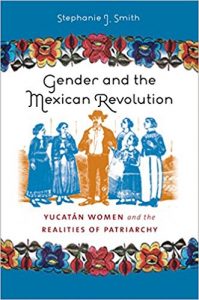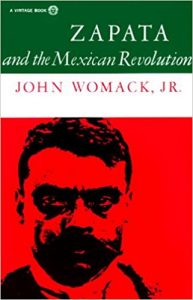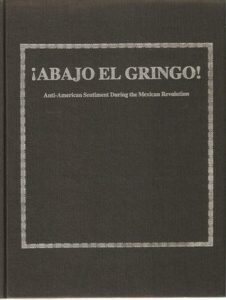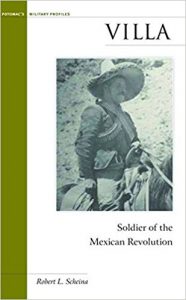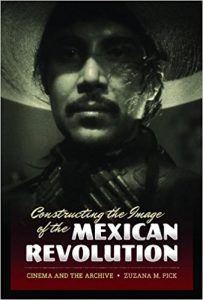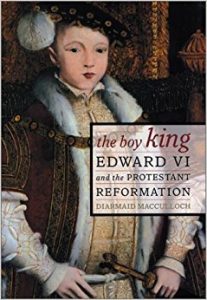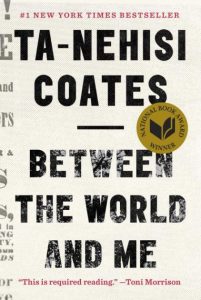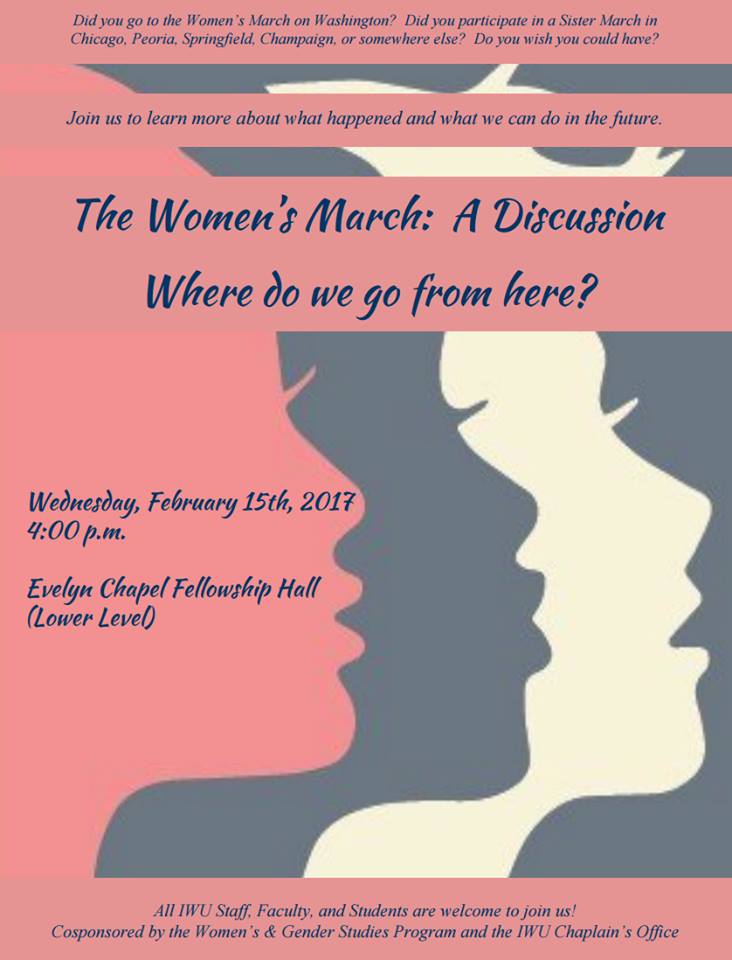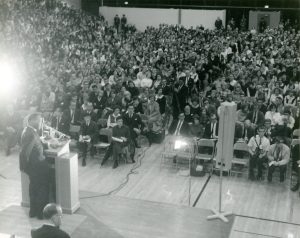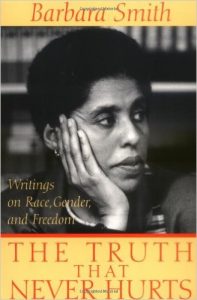Neighboring nations usually become involved in the political events of the lands close by, and the United States during the Mexican Revolution was no exception. For example, during the American Revolution, the Spanish governor of Louisiana, Bernardo de Galvez, opened a second front to fight the British in the south. His support was instrumental to the U.S. victory. In the Mexican case, U.S. President Woodrow Wilson was instrumental in the downfall of Victoriano Huerta and he promoted Carranza against Villa.
For Hispanic Heritage Month (September 15 – October 15), we highlight the Mexican Revolution. The Mexican Revolution finds its roots in the development of Mexico from 1800 to 1910. Its government ranged from empire to many types of republic, be they centralist or federal. During that time Mexico won its independence from Spain and endured four invasions from four foreign powers – Spain (1829), France (1838), the United States (1846-1848), and one from an alliance of Spain, France, and Great Britain (1862). Ultimately, it became a federal republic governed almost completely from Mexico City with a capitalist economy heavily influenced by foreigners.
The Library of Congress archives and holds materials relevant to the history of the United States. Collections connected to the Mexican Revolution include print and multimedia materials. Check them out on their website, including this really cool interactive map.
Learn more about the Mexican Revolution with the above Library of Congress resources as well as some of these resources available through Ames.

